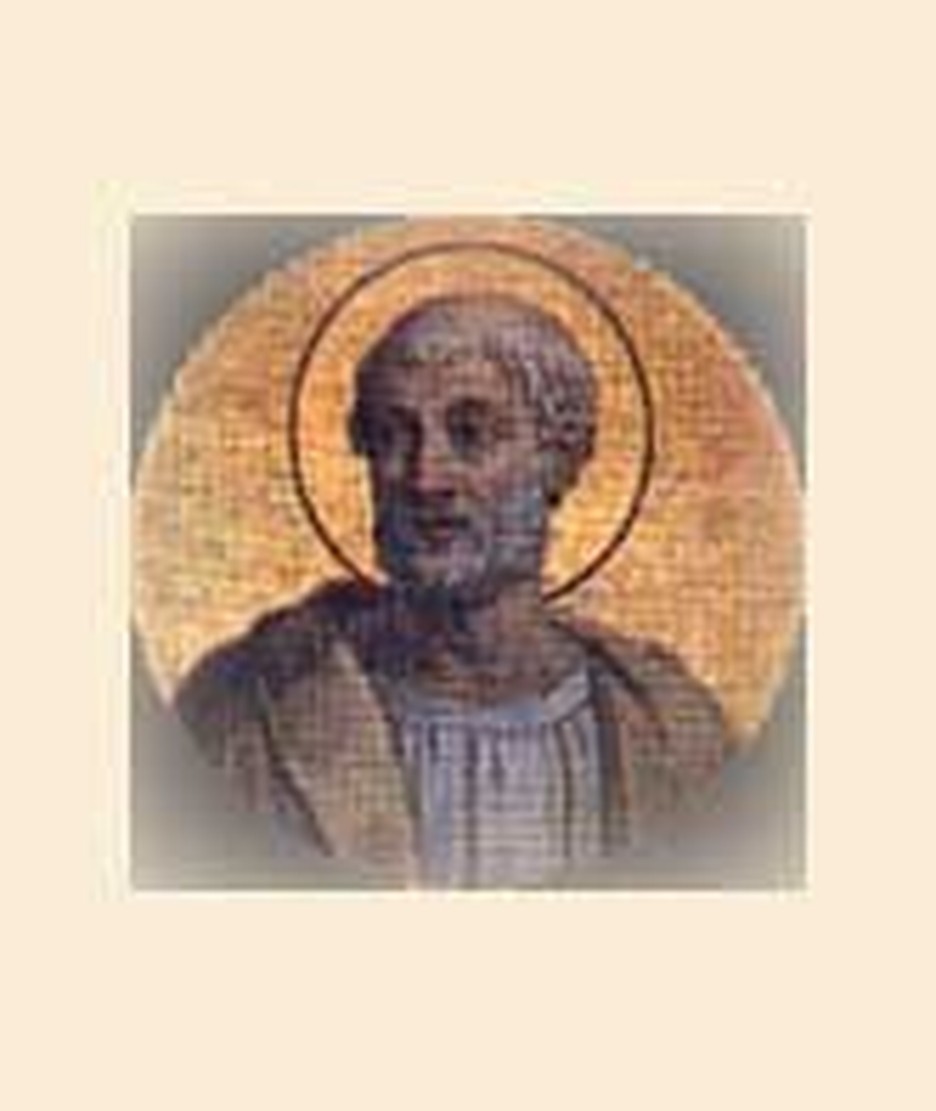
Clement is mentioned by St. Paul in the Epistle to the Philippians, where the apostle says that Clement’s name is written in the book of life. The generality of the fathers and other interpreters make no question that this is the same Clement who succeeded St. Paul, after Linus and Anaclet, in the government of the church of Rome; and this seems to be intimated when, in the office for St. Clement’s day, that church appoints this part of the Epistle to the Philippians to be read.
We find several things relating to Clement’s life in the recognitions and constitutions called apostolic; but as those works are not all looked upon as authentic, though there may be truths in some of them derived from the tradition of the first ages, little stress is to be laid upon their testimony. St. Chrysostom thinks that Clement, mentioned by St. Paul in his Epistle to the Philippians, was one of the apostle’s constant fellow-travelers. Irenaeus, Origin, Clemens of Alexandria, and others of the ancients, assert that Clement was a disciple of the apostles; that he had seen them and heard their instructions. St. Epiphanius, Jerome, Eufinus, Bede, and some others, were of opinion, that as the apostles St. Peter and St. Paul could not be continually at Rome, by reason of the frequent journeys which they were obliged to make to other places, and it was not proper that the city of Rome should be without a bishop, there was a necessity to supply the want of them by establishing Linus, Anaclet, and Clement, there. The constitutions inform us that Linus was ordained by St. Paul; Tertullian and Epiphanius say that St. Peter ordained Clement. Rufinus tells us that this apostle chose St. Clement for his successor. But Epiphanius believes, that after he had been made bishop of Rome by St. Peter, he refused to exercise his office till, after the death of LInus and Anaclet, he was obliged to take upon him the care of the church; and this is the mosth generally-received opinion. St. Peter’s immediated successor was Linus; Linus was succeeded by Anaclet, and Anaclet by Clement, in the year of Christ 91, which was the tenth of the reign of Domitian. During his government over the church of Rome, that of Corinth was disturbed by a spirit of division, upon which Clement wrote a letter to the Corinthians, which is still extant, and was so much by the ancients that they publicly read it in many churches, and some have been inclined to range it among the canonical writings.
In what manner Clement conducted himself and how he escaped general persecution under the emperor Domitian, we have not any certain accounts; but we are very well assured that he lived to the third year of the emperor Trajan, which is the hundredth of the Christian era. His festival is set down by Bede, and all the Latin martyrologists, on the 23rd of November, and the Greeks honor him on the 24th and 25th of the same month. Rufinus and Pope Zozimus give him the title of martyr; and the Roman church, in its canon, places him among the saints who have sacrificed their lives in the cause of Christ.
Thus have we given the most ample account of the followers of the blessed Jesus; the persons who spread, and caused to be spread, the light of the gospel over the whole world, removed the veil of ignorance and superstition drawn over the kingdoms attaining eternal happiness in the courts of the New Jerusalem.
May we all follow their glorious examples! May we imitate their faith, their piety, their charity, and their love! Then shall we “pass through things temporal in such a manner that we shall finally gain the things eternal,” and, through the merits of an all-perfect Redeemer, be admitted as worthy guests at the marriage-supper of the Lamb.
Resources: This story is adapted from John Kitto's 1870 History of the Bible and represents the commonly accepted views about this apostle among rank and file believers in the late 19th century.


